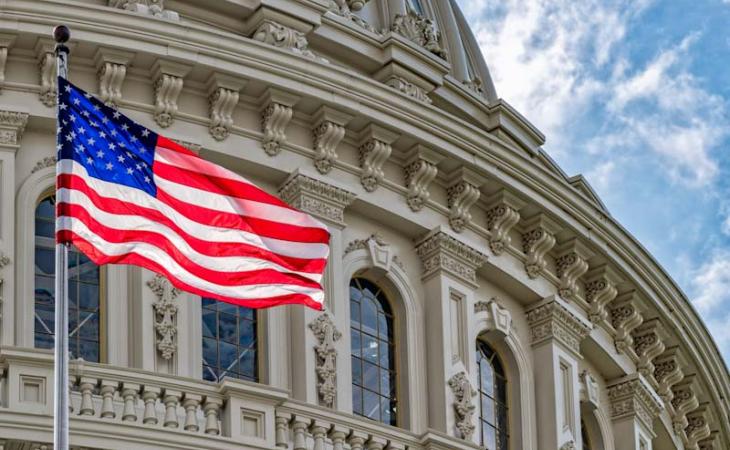This website uses cookies so that we can provide you with the best user experience possible. Cookie information is stored in your browser and performs functions such as recognising you when you return to our website and helping our team to understand which sections of the website you find most interesting and useful.
News
VI Legislative Update: USMCA Passes House
USMCA
In a historic moment on Dec. 19, the House approved the U.S.-Mexico-Canada Agreement (USMCA). Officials from Canada, Mexico, and the U.S. signed the revised USMCA in Mexico City on Dec. 10, and in the U.S., both Democrats and Republicans claimed victory, and most labor unions, including the American Federation of Labor and Congress of Industrial Organizations (AFL-CIO), endorsed the agreement. The USMCA will replace the 25-year-old North American Free Trade Agreement (NAFTA) and modernize laws governing trade between these countries. It also protects the American vinyl resin industry’s tariff-free access to the Mexican and Canadian markets.
While the House moved quickly to pass the USMCA, the Senate will not bring the agreement up for a vote before it adjourns for the year on Dec. 20. Senate Majority Leader Mitch McConnell says he will not take up the bill until after the Senate completes its impeachment trial, which will most likely be in January.
Appropriations
House and Senate appropriators have agreed on a fiscal 2020 spending deal “in principle” last week. The agreement covers all 12 FY2020 spending bills and $1.37 trillion in government funding. The bills are expected to be filed and released on Dec. 16 with the House expected to vote Dec. 18 on passage. Senators will need to pass legislation before midnight Friday to avoid a government shutdown. The bills would be split into two packages with the first package, including Defense, Homeland Security, Financial Services, and Commerce-Justice-Science appropriations. The Second package is bundling Agriculture, Food and Drug, Labor-Health and Human Services-Education, Energy-Water, Interior-Environment, State-Foreign Operations, Transportation-Housing and Urban Development, Military Construction-Veterans Affair, and Legislative Branch appropriations.
U.S.-China Trade Negotiations
The U.S. and China announced Dec. 13 that they have reached a phase-one trade agreement that will halt the current tariff fight. China has agreed to buy $200 billion more in agricultural, energy, and manufactured goods and services over two years. The U.S. would for now stop a 15 percent tariff on $200 billion in imported Chinese products. China also agreed not to impose retaliatory tariffs scheduled for Dec. 15. The tariff escalation has significantly damaged U.S.-China trade. U.S. exports dropped 13.5 percent in the first three quarters of 2019 from the same period of 2018, from $105 billion to $90.8 billion. Chinese exports to the U.S. declined from $450 billion in the first three-quarters of 2018 to $385 billion in the same period of 2019. The two countries are expected to sign the phase-one agreement in early January.


